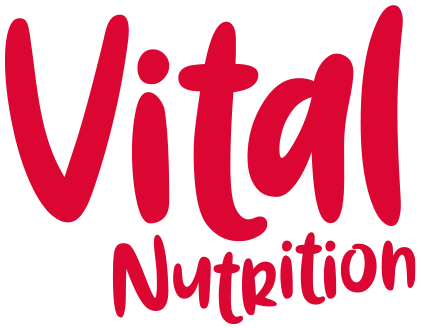Wake up to healthy ways to sleep well
A good night's sleep leaves us feeling refreshed, energised and ready to start our day, but if your sleep is broken, it can affect everything. From mood and energy to appetite and immunity, sleep is essential for all aspects of our health and wellbeing.
There are endless reasons why our sleep can be disrupted - from stress and worry, to hormonal changes, and even the weather.
24 hour body clock
Every cell in our body is regulated and influenced by our 24 hour circadian rhythm. This is our 24 hour body clock, and it is regulated by two hormones - cortisol, our energising hormone, and melatonin, our sleep hormone.
When this body clock is out of sync, it affects our quality and quantity of sleep.
Our diet and daily habits have an influence on our circadian rhythm, and one of the most important factors is our exposure to light. Constant stimulation by bright lights from phones and devices, lack of daylight and stress can play havoc with our circadian rhythm.
Regular exercise, rest and relaxation and a healthy diet can help rebalance our sleep-wake cycle.
A good night's sleep starts in the morning
Our cortisol levels are naturally at their peak in the early part of the day. When cortisol levels are high, melatonin is low.
So, in theory, we should feel energised and refreshed in the morning and ready for sleep as melatonin increases in the evening. This delicate balance of hormones is influenced by our exposure to light and getting outside in the early part of the day helps optimise this balance between these two hormones, resets our sleep-wake cycle and helps us sleep better at night.
Set yourself up well for the day ahead by getting outside in daylight as early as you can. Start your day with a walk around the block and get outside as much as you can before lunchtime.
Dark nights
At the other end of the day, it is important to support the natural balance of melatonin by reducing our exposure to bright lights. Switching our phones onto night mode, having muted side lights on rather than bright overhead lights and limiting our screen time can go a long way to help reset the balance.
Snacks to help you snooze
Certain foods are thought to help support a healthy melatonin balance. The nutrient tryptophan is required for the production of melatonin, and is found in lots of foods, including oats, bananas, almonds, chicken, turkey and dairy products.
Some people find their sleep is better if they eat a small snack about two hours before bed that contains some tryptophan. You could try:
Oatcakes with almond nut butter
Natural yoghurt and banana
A small handful of almonds.
What we eat during the day will affect how well we sleep at night too.
Cut back on sugar and refined or processed foods. High sugar foods can cause restless and disrupted sleep
Avoid caffeine after lunchtime, Caffeine can stay in our system for several hours, so opt for herbal teas or decaf alternatives in the afternoon and evening.
Cut back on alcohol. Although a glass of something might knock you out to sleep, your sleep will be more disturbed and restless.
Avoid a large meal before bed. Your digestive system will be working hard to digest this and sleep may be disrupted.
Magnesium has a relaxing effect on the body, so aim to include magnesium rich foods like dark green vegetables, nuts and seeds every day.
Herbs like lemon balm, valerian, hops and chamomile are great as herbal teas in the evening as they have a relaxant effect.
Don't drink liquids too close to bedtime, as you are more likely to need to wake up to pee.
This blog post first appeared as my column in The Irish News on Saturday 26th February 2022.

